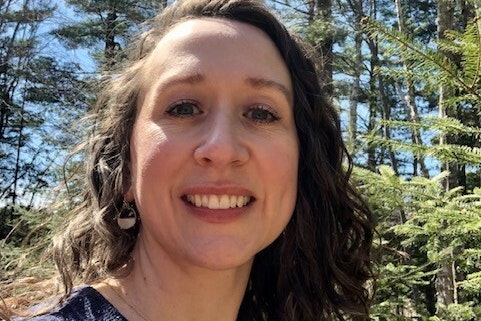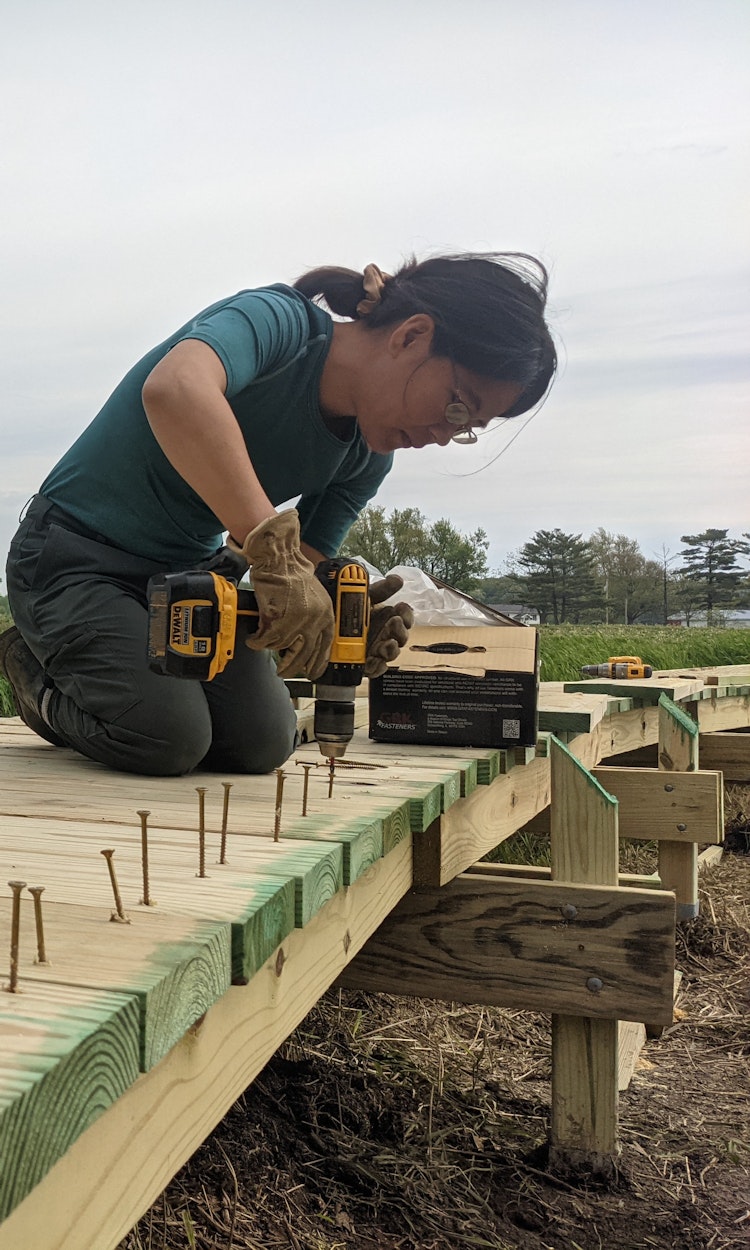
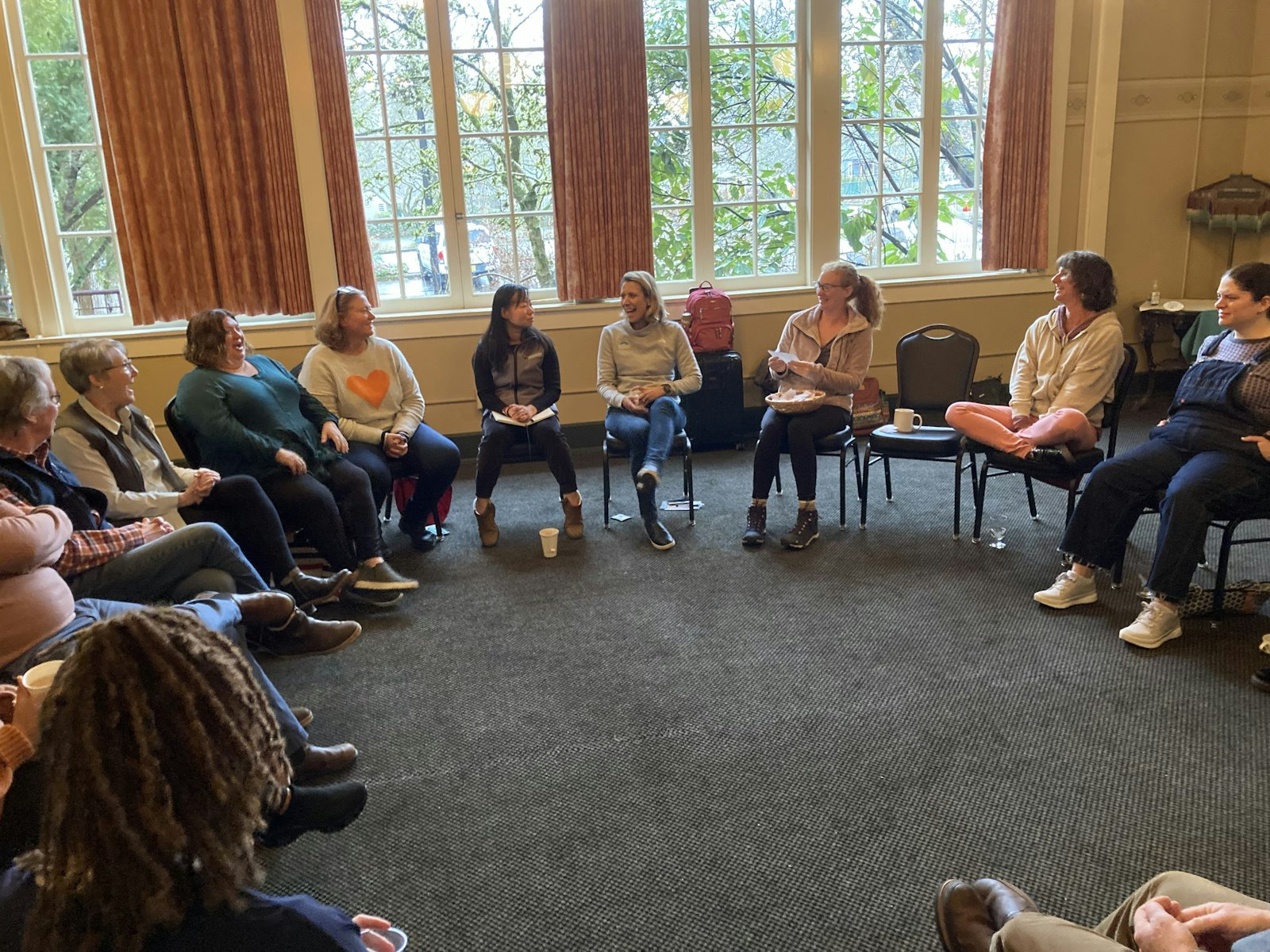
.
.
Part of the work of the National Park Foundation (NPF) is dedicated to strengthening the park partner community, which consists of philanthropic organizations known as “friends groups” that support national parks. These organizations provide immense aid to national parks in a variety of ways – through fundraising, education programming, volunteer management, and more. NPF’s Strong Parks, Strong Communities program supports the growth of these organizations through opportunities for partner organizations to receive direct grants for organizational capacity building as well as professional development for organizations and their leaders.
One professional development opportunity that NPF has hosted is the Friends Leadership Institute (FLI). Designed by third-party experts to identify and support cohorts of leaders within park partner organizations across the country, the FLI provided participants with a unique opportunity to understand and develop their leadership style, build fundamental executive skills, and receive targeted feedback from their peers across the park partner community, all to help bolster their organization’s ability to support their local park.
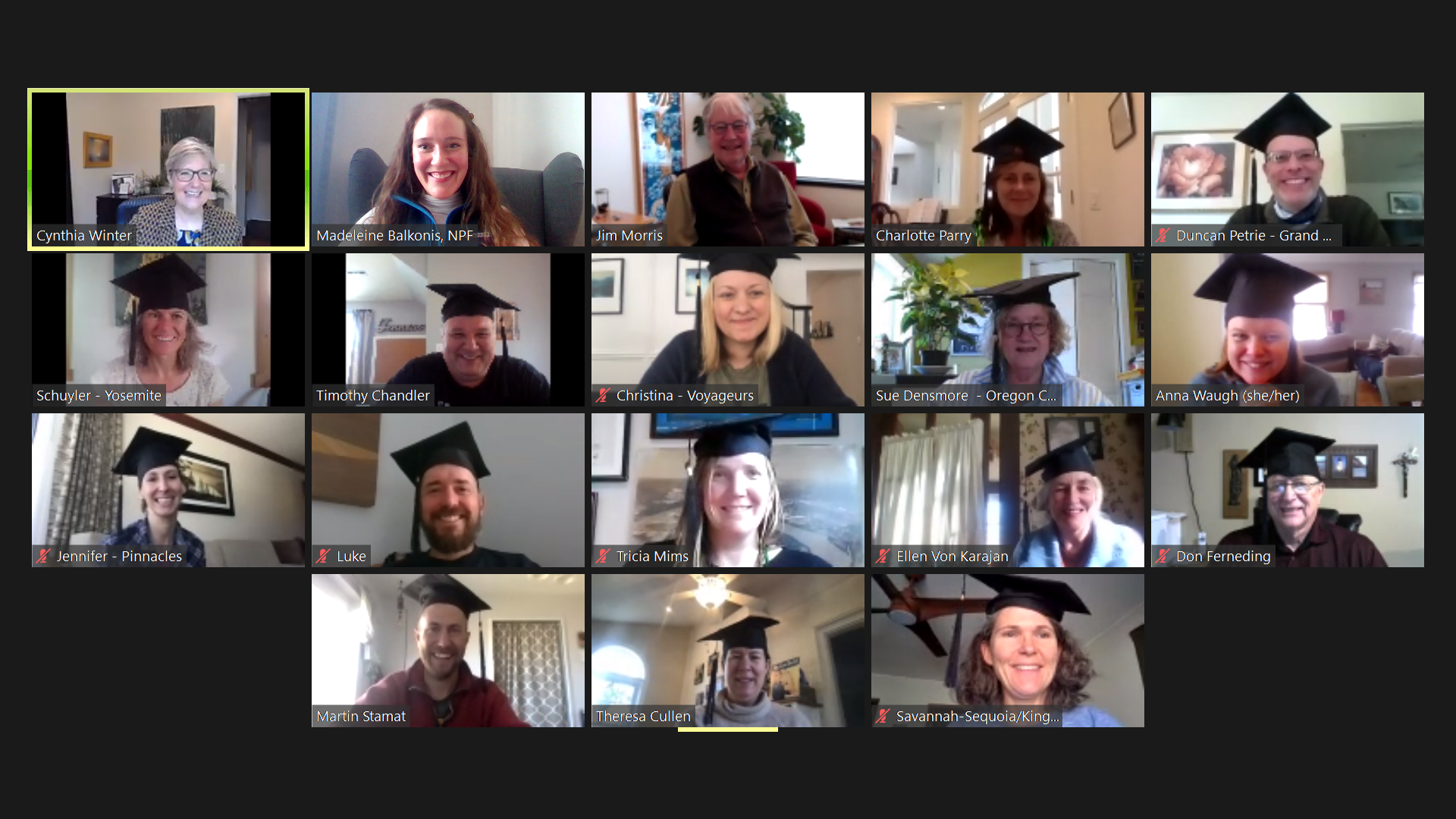
Over the course of 15 months, participants received support from facilitators and coaches through Solid Ground Consulting. Each cohort began and ended with retreats, supplemented by virtual sessions, individual one-on-one coaching, peer-to-peer learning, and assignments throughout the program. Each participant identified measurable and achievable goals and challenges to focus on throughout the FLI.
To date, two cohorts totaling 36 organizational leaders, have completed this program. In 2020, NPF kicked off the first cohort of the FLI, comprised of 20 individuals. This group was navigating challenges due to the COVID-19 pandemic and found this new support system and skill-building extremely beneficial to their roles. Said one 2021 FLI participant, “it has made me think about leadership in a different way. The most important part was making me look deeply into my values, my behavior, and how I can model the way.”
Achieving Transformation
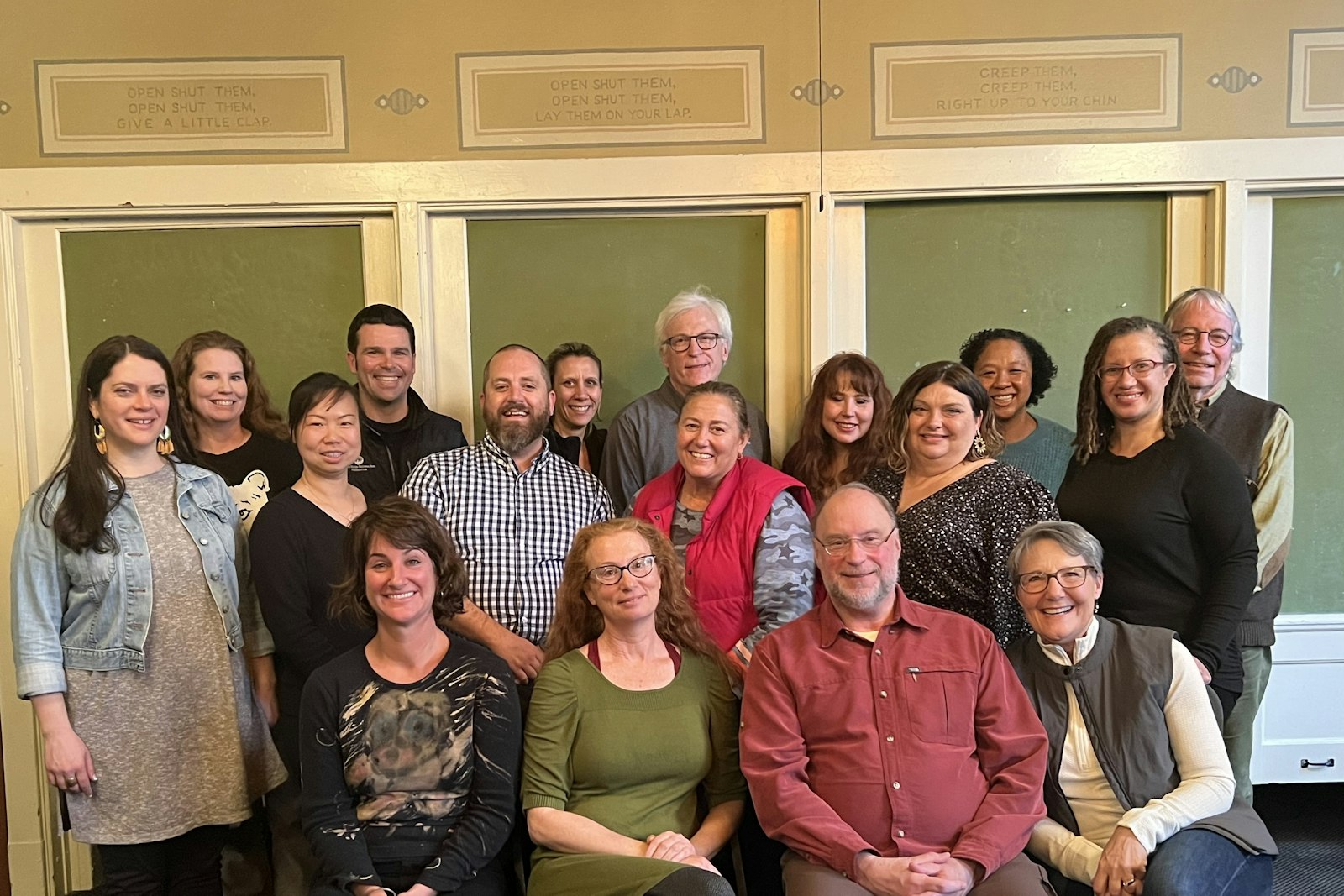
In March 2023, NPF celebrated the commencement of the second FLI cohort. 16 organizational leaders worked hard over the last year reflecting on their leadership journey and skills, providing peer support, and striving to meet their individual challenges. The participants’ growth and accomplishments, both personally and at their organizations, have been admirable.
Just as the park partner community varies, each participant’s challenge diverged based on their organization’s current needs and their role. Many participants focused on philanthropy with the goal of increasing unrestricted dollars or major donors. “The Friends Leadership Institute was a meaningful way to set and then focus on specific goals that I could measure over a period of time. Even after many years working for non-profits, it taught me to reframe the way that I fundraise by honing in on what is really achievable for the organization," said one 2023 FLI participant who became an Executive Director during the program. "[FLI] was a great support in helping me to build a strategic plan to strengthen our ability to identify donors to support our programs. FLI also provided an incredible opportunity to network with others in senior leadership positions in other park partner organizations. The resources that we continue to provide one another have truly been life-changing.”
Other participants found that turning their focus to board development was a top priority. Said one 2023 FLI participant: “my challenge included a goal to diversify board makeup. I was able to receive help in breaking down the steps needed to plan for change including embedding members who support diversity and that it takes time to make such change.”
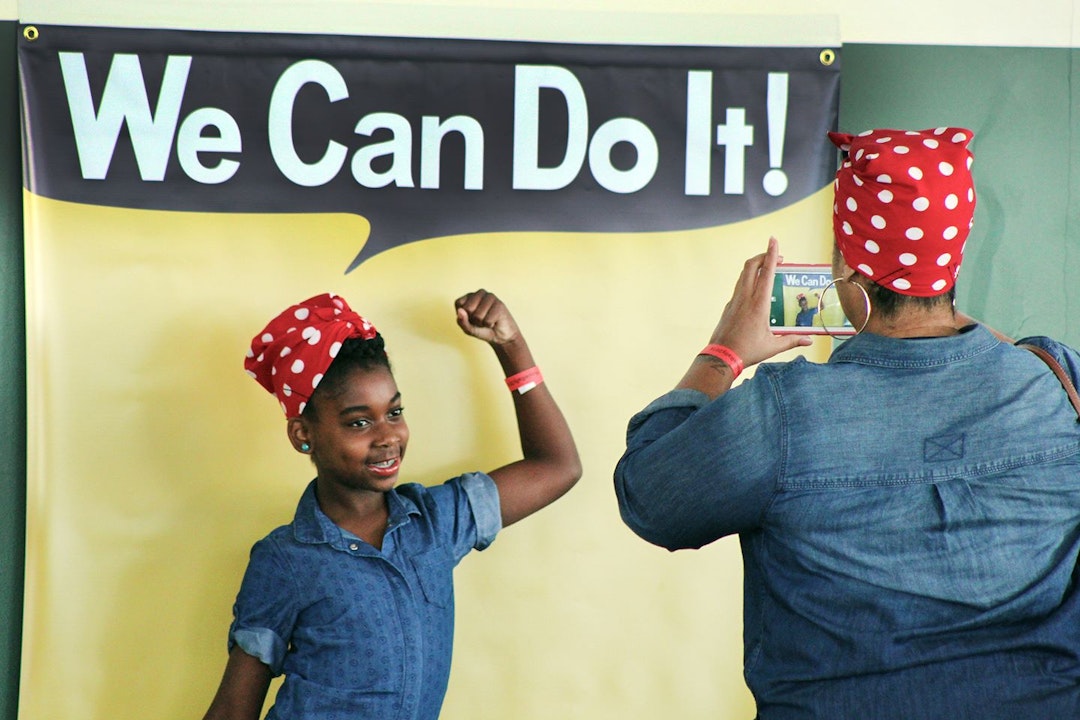
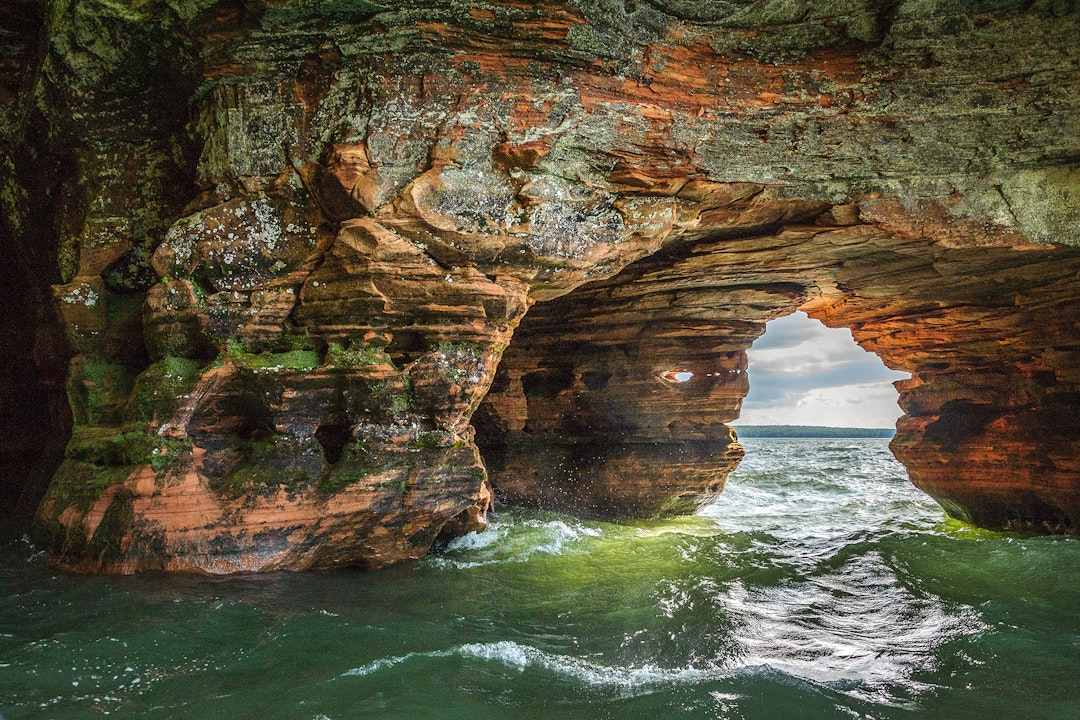
While all participants embedded a theme of diversity, equity, and inclusion (DEI) in their efforts, some decided to focus on this internally at their organizations from a staff and board perspective, while others worked to further implement these efforts within their external programs. “While our successful organization was making inroads with DEI initiatives, we knew staff participation in this program would help accelerate the rate of culture shift at our organization, with board, staff, partners, and programs," said one 2023 FLI participant. "Personally, I learned the power of investing in relationships with new partners versus making a transactional grant, as well as learned that when working with groups who are new to the outdoors or national parks, you must meet the group where they are without expectations or assumptions."
Building a Network
Not only has board engagement, unrestricted giving, and programming increased at their organizations, but these leaders have also built a new network of peers that learn from, challenge, and encourage each other.
“The impacts of our cohort were seen internally, as well as across the wide-array of parks that the cohort represented. Seeing groups raise hundreds of thousands of dollars, improve access for different types of recreationists, grow the boundary of parks, and so many more accomplishments made through our projects showed our entire cohort the power of collective action," said one 2023 FLI participant.
This aspect of the program quickly became equally as important as the professional development journey. Being a leader of a park partner organization can be unique, and it can be hard to connect with others facing similar challenges as they are widespread throughout America. Said one 2023 FLI participant, “the encouragement from the coaches, leading the way/demonstrating progressive thought-leadership, has been powerful. The need for psychological encouragement, camaraderie, and executive networking was something I had under-valued.”
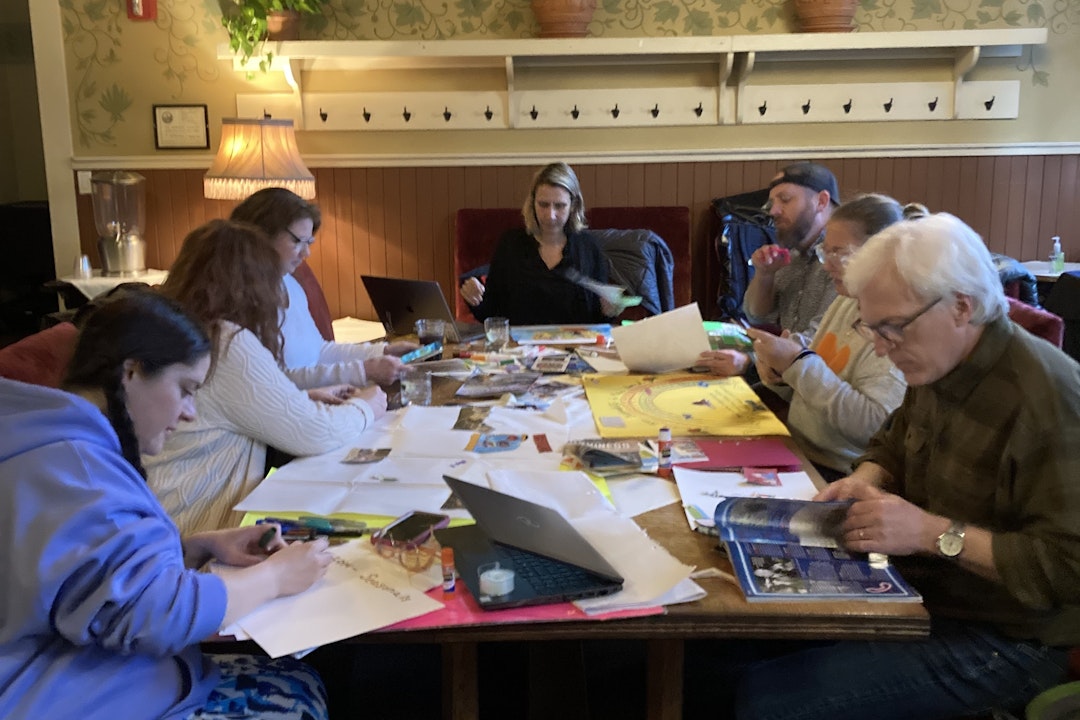
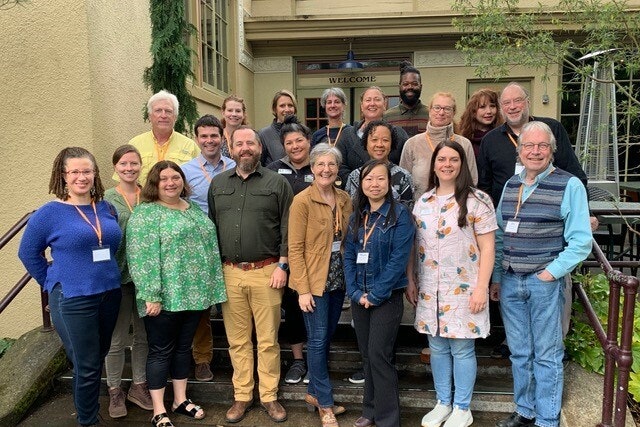
Going through this work with this support system provided a deeper impact on themselves and their organizations. The participants also became valuable resources to one another. “The Friends Leadership Institute and peers in the program have had an immense impact on my confidence and professional development," said one 2023 FLI participant. "I have sensed that others also have increased confidence in my abilities and the conjecture of the organization. I have learned greatly from peers’ best practices and having a supportive network in my leadership toolbox has been the best outcome and greatest impact.”
Each member of this cohort now has a number of people from across the country that they can turn to for guidance, and they are committed to maintaining these relationships far past the 15 months of FLI.
Friends Leadership Institute Class of 2023
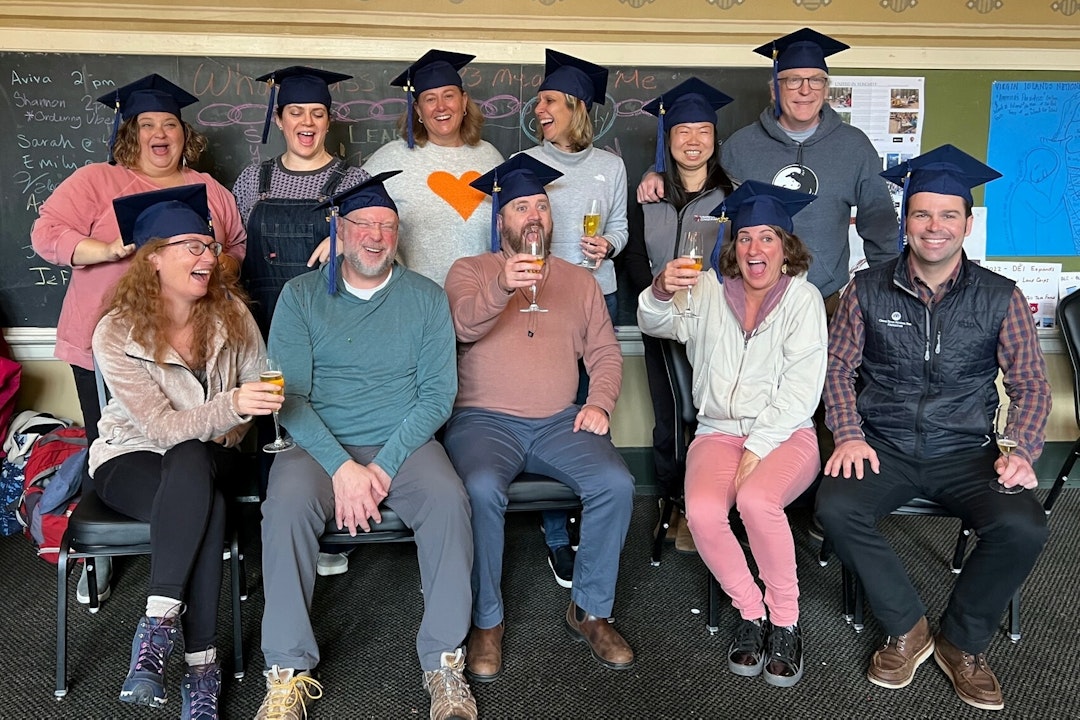
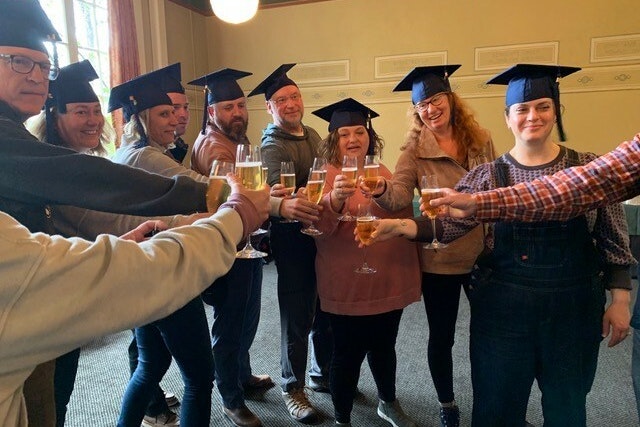
Congratulations to the following individuals for their dedication to growing themselves, their organizations, the impact on national parks, and the immense support they provided one another!
- Andy Hall, Executive Director, Alaska Geographic Association
- Aviva O’Neil, Executive Director (formerly Program Manager), Great Basin National Park Foundation
- Deanna Armbruster, Executive Director (formerly Chief Operating Officer), Santa Monica Mountains Fund
- Emily Moore, Executive Director, Cabrillo National Monument Foundation
- Ian Stafford, Director of Stewardship and Policy, Rocky Mountain Conservancy
- Jeff Rennicke, Executive Director, Friends of the Apostle Islands
- Jessica Cocciolone, Executive Director, Shenandoah National Park Trust
- Kimiko Martinez, Chief of Marketing and Communications, Yosemite Conservancy
- Marielle Dejong, Development Director, Friends of the Smokies
- Minyin Hart, Chief Financial Officer (formerly Director of Finance), Grand Canyon Conservancy
- Paige Steele, Program Manager, Friends of Acadia
- Richard Trent, Executive Director, Friends of Anacostia Park
- Ryan Kelly, Senior Director of Partnership Projects, Grand Teton National Park Foundation
- Sarah Pritchard, Executive Director, Rosie the Riveter Trust
- Tonia Lovejoy, Executive Director, Friends of Virgin Islands National Park
- Valerie Rupp, former Executive Director, Partnership for the National Trails System
Related Programs
-
 Strong Parks, Strong Communities
Strong Parks, Strong Communities

